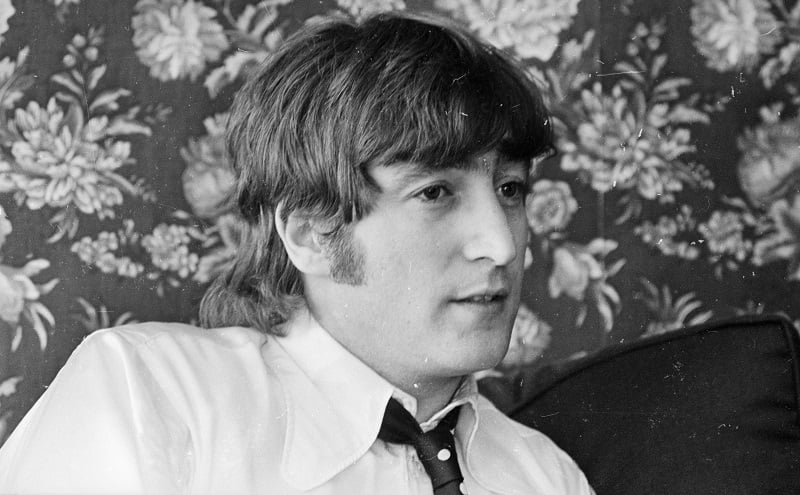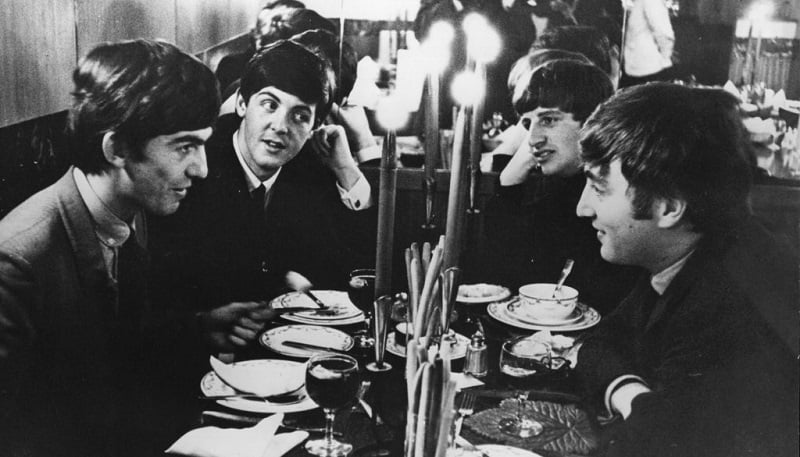Why Were The Beatles Accused of Plagiarism So Often?
There will always be new songs that sound too much like tunes already on record. When it gets close to a copy, the original composer usually comes looking for damages. That’s what happened with Robin Thicke, who had to pay millions to the Marvin Gaye estate over “Blurred Lines” in 2015.
In some cases, the claims take decades to materialize. Led Zeppelin’s Jimmy Page knows that feeling. Page, who had to testify in court over copyright infringement claims on “Stairway to Heaven,” still faces legal issues over the classic song in 2019. (A new trial looms ahead.)
The Beatles, the original British super-group, had their own share of plagiarism charges in their day. From the lawsuit over “Come Together” to the $587,000 George Harrison paid over “My Sweet Lord,” The Beatles fought (and sometimes lost) their copyright battles.
As the rulings confirmed, even songwriting titans like The Beatles will wear their influences on their sleeve. At times, it’s gotten too close for courts to allow.
Chuck Berry’s enduring influence on The Beatles

John Lennon once said you could replace the name rock ‘n’ roll with Chuck Berry and call it a day. The respect was mutual. Berry, who was one of rock’s greatest songwriters, loved The Beatles and said “Yesterday” was the one song he wished he’d written.
The Fab Four loved playing Berry’s music from the start, and early in their career they began lifting parts of the rock pioneer’s tunes. As Rolling Stone has pointed out, Paul McCartney freely admitted to stealing the bass line of Berry’s “I’m Talking About You” for “I Saw Her Standing There.”
While that never prompted any legal action, the band (and Lennon in particular) got caught with its hand in the cookie jar again in 1969. On “Come Together,” Lennon’s tune not only sounded plenty like Berry’s “You Can’t Catch Me”; he actually quoted Berry with the “Here come old flat-top” bit.
That gave Berry’s music publisher an opening to sue, and Lennon’s attorneys agreed to settle after John admitted to Berry’s heavy influence.
‘Homages’ or mere ripoffs by The Beatles?

If you’re a fan of rock ‘n’ roll, you hear familiar riffs all the time. “Last Night” by The Strokes sounds a ton like Tom Petty’s “American Girl.” You’ll also catch Buddy Holly riffs in work by David Bowie and notice entire chunks of blues songs lifted (and supercharged) by Led Zeppelin.
You can expect that from the music. The Beatles never tried to hide their influences, but they did understand coming too close could get them in legal trouble. McCartney has spoken about changing parts of songs to obscure moments that were too close for comfort.
In one of his final interviews, Lennon said Harrison “walked right into it” with the copyright infringement on “My Sweet Lord.” (The song “He’s So Fine” was the clear antecedent.)
“George could have changed a few bars in that song and nobody could have ever touched him,” Lennon told Playboy. “But he just let it go and paid the price.” The bill, adjusted for inflation, came to about $2.5 million.
Check out The Cheat Sheet on Facebook!


